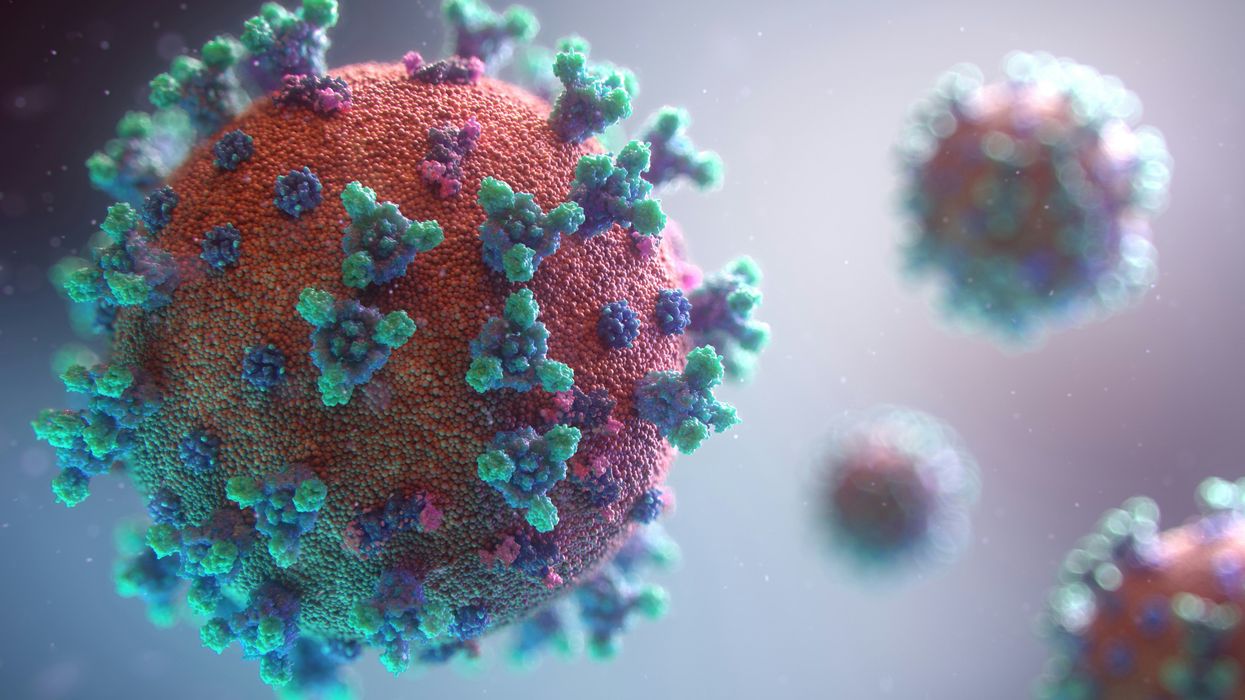Catherine Shuttleworth
Apr 11, 2024

Long Covid leaves clues in the blood which could help with treatment
Photo by Fusion Medical Animation on Unsplash
New research suggests that long Covid leaves distinctive signs in the blood which could potentially be targeted for treatment.
Long Covid leads to ongoing inflammation which can be detected in the blood, according to findings from the largest UK study of patients admitted to hospital with coronavirus.
Analysis shows that patients with prolonged symptoms showed evidence of their immune system being activated. However, activation dependent on certain patient symptoms, such as fatigue or brain fog.
Long Covid could be treated with existing drugs which modulate the body's immune system, the research, led by Imperial College London, suggests.
Professor Peter Openshaw, from Imperial's National Heart and Lung Institute, said: "With one in 10 Sars-CoV-2 infections leading to long COVID and an estimated 65 million people around the world suffering from ongoing symptoms, we urgently need more research to understand this condition."
The study is seen as a hopeful, and important step forward in treatment for people with long Covid.
426 people experiencing symptoms of long Covid were compared with 233 people who had fully recovered from coronavirus in the study.
Samples of blood plasma were taken and levels of proteins known to be involved in inflammation were measured.
Researchers found those with long Covid showed a pattern of immune system activation indicating inflammation.
Dr Felicity Liew, from Imperial's National Heart and Lung Institute, said: "Our findings indicate that complement activation and myeloid inflammation could be a common feature of long COVID after hospitalisation, regardless of symptom type.
"It is unusual to find evidence of ongoing complement activation several months after acute infection has resolved, suggesting that long COVID symptoms are a result of active inflammation.
"However, we can't be sure that this is applicable to all types of long COVID, especially if symptoms occur after non-hospitalised infection."
Sign upto our free Indy100 weekly newsletter
Have your say in our news democracy. Click the upvote icon at the top of the page to help raise this article through the indy100 rankings.
How to join the indy100's free WhatsApp channel
Top 100
The Conversation (0)













